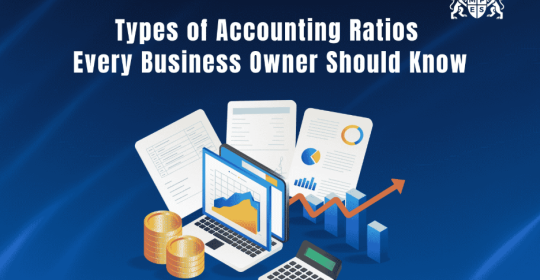With this approach, you can combine all your debts into one monthly payment. This can make it much easier to manage your debt and avoid bankruptcy.
Which Is Better, Consolidation Or Bankruptcy?
The last thing you want to do as a business owner is declaring bankruptcy. Not only does this majorly impact your credit score, but it can also be very costly and time-consuming. So, if you are considering bankruptcy as an option, you may want to explore business debt consolidation first.
With this approach, you can combine all your debts into one monthly payment. It is also important to note that business debt consolidation can help you avoid some of the negative consequences of bankruptcy.
For example, with business debt consolidation, you will not have to liquidate your assets or go through a lengthy and expensive court process.
Additionally, business debt consolidation can provide you with some much-needed breathing room. This is because it can give you more time to repay your debts. In some cases, you may even be able to negotiate a lower interest rate with your creditors. This can make it easier to get out of debt and avoid bankruptcy.
Although business debt consolidation is not suitable for everyone, it is worth considering if you struggle to pay your business debts. You may also want to speak to a Debt Settlement Lawyer to learn more about this option. They will guide you through the process and help determine if business debt consolidation is right for you.
Advantages of business debt consolidation:
- Can help you avoid bankruptcy
- Can provide you with more time to repay your debts
- Can give you a lower interest rate
- May be able to negotiate a better repayment plan with your creditors
Bankruptcy, on the other hand:
- It can have a major impact on your credit score
- It is very costly and time-consuming
- Will require you to liquidate your assets
- It can be a lengthy and expensive court process
How To Consolidate Your Debts
Business debts are often complex, and knowing where to start when consolidating can be challenging. However, there are a few steps that you can take to make the process easier.
- First, you will need to gather all of your financial documents. This includes business tax returns, bank statements, credit card statements, and loan documents.
- Next, you will need to create a list of all of your creditors. This should include the creditor's name, the amount owed, the interest rate, and the minimum monthly payment.
- Once you have all this information, you will need to find a business debt consolidation company that can help you with the process. Make sure to do your research and choose a reputable company.
- Once you have found a consolidation company, they will work with you to create a repayment plan. This plan will include a single monthly payment based on your income and expenses. The company will then use this payment to pay off your debts.
While consolidating your business debts can be a complex process, it is worth considering if you are struggling to pay your debts.
Things You Can Do To Avoid Bankruptcy
Bankruptcy should also be your last resort. This is because it can significantly impact your credit score and finances.
Here are a few things that you can do to avoid bankruptcy:
Negotiate With Creditors
There's a good chance that your creditors would rather work with you to devise a repayment plan than see you declare bankruptcy. So, it's worth reaching out to them and trying to negotiate.
Consolidate Your Debts
As we mentioned earlier, consolidating your debts can help you avoid bankruptcy. This can give you more time to repay your debts and lower your monthly payments.
Create A Budget
If you're struggling to make ends meet, creating a budget can be a helpful way to get your finances back on track. When creating a budget, make sure to include all of your income and expenses. This will help you see where you're spending too much money and where you can cut back.
Seek Legal Assistance
If you're still struggling to avoid bankruptcy, it may be time to seek legal assistance. A bankruptcy lawyer can help you understand your options and make the best decision for your situation.
Common Causes Of Business Bankruptcies And How To Avoid Them
There are different reasons why businesses declare bankruptcy. However, there are a few common causes that you should be aware of.
- Mismanagement Of Funds
One of the most common causes of business bankruptcy is the mismanagement of funds. This can often happen when business owners don't clearly understand their finances.
If you're unsure where your money is going, it's time to sit down and create a budget. This will help you see where you're spending too much money and where you can cut back.
-
Too Much Debt
This often happens when businesses take on more debt than they can handle. If you're struggling to make your monthly debt payments, it's time to consider consolidating your debts or filing for bankruptcy.
-
Unforeseen Circumstances
Sometimes, businesses declare bankruptcy due to unforeseen circumstances. This can include things like natural disasters or the death of a key employee. If you find yourself in this situation, it's essential to seek legal assistance.
Final Words
Financial stability is vital for businesses of all sizes. If you're struggling to make ends meet, taking action is essential. There are a few things that you can do to avoid bankruptcy, such as consolidating your debts or negotiating with creditors. Although the process can be complex, ensuring your business will survive the hurricane is worth considering.






